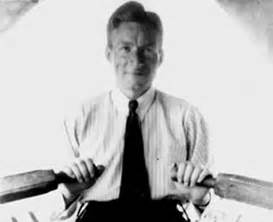A Quote by Karl Wilhelm Friedrich Schlegel
If one writes or reads novels from the point of view of psychology, it is very inconsistent and petty to want to shy away from even the slowest and most detailed analysis of the most unnatural lusts, gruesome tortures, shocking infamy, and disgusting sensual or spiritual impotence.
Related Quotes
There is a yearning that is as spiritual as it is sensual. Even when it degenerates into addiction, there is something salvageable from the original impulse that can only be described as sacred. Something in the person (dare we call it a soul?) wants to be free, and it seeks its freedom any way it can. ... There is a drive for transcendence that is implicit in even the most sensual of desires.
As is well known, the priests are the most evil enemies—but why? Because they are the most impotent. It is because of their impotence that in them hatred grows to monstrous and uncanny proportions, to the most spiritual and poisonous kind of hatred. The truly great haters in world history have always been priests; likewise the most ingenious haters: other kinds of spirit hardly come into consideration when compared with the spirit of priestly vengefulness.
History teaches us that a given view has been abandoned in favor of another by all men, or by all competent men, or perhaps by only the most vocal men; it does not teach us whether the change was sound or whether the rejected view deserved to be rejected. Only an impartial analysis of the view in question, an analysis that is not dazzled by the victory or stunned by the defeat of the adherents of the view concerned - could teach us anything regarding the worth of the view and hence regarding the meaning of the historical change.






































